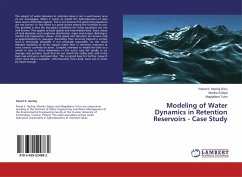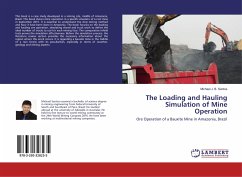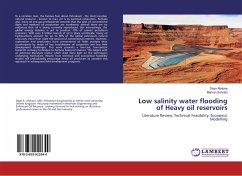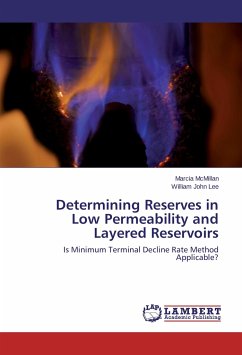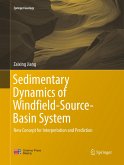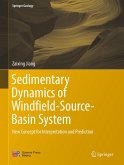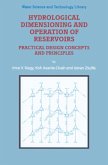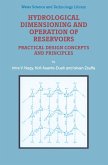The subject of water dynamics in retention lakes is not a well known area of our knowledge. When it comes to model the hydrodynamics of dam lakes severe difficulties appear. This is not because the governing equations are not known. In fact there is a good choice among the formulas to use. The problem is that the boundary conditions for those equations are not well known. This applies to both spatial and time-related data. Exact values of: bed elevation and roughness distribution, input and output discharges, rainfall and evaporation values, wind speed and direction are known only as approximations or averages. Extending their accuracy beyond a certain level is technically infeasible if not physically impossible. As the result detailed modeling of all the aspects water flow in retention reservoirs at once cannot currently be done. Complex attempts to model the lake as a whole in two or three dimensions in the worst case fail totally, in an average case produce result that do not match the reality well, and in the best case end up in conclusion like: this is a good base for further research when more data is available . Unfortunately more data turns out to never be much enough.
Bitte wählen Sie Ihr Anliegen aus.
Rechnungen
Retourenschein anfordern
Bestellstatus
Storno

